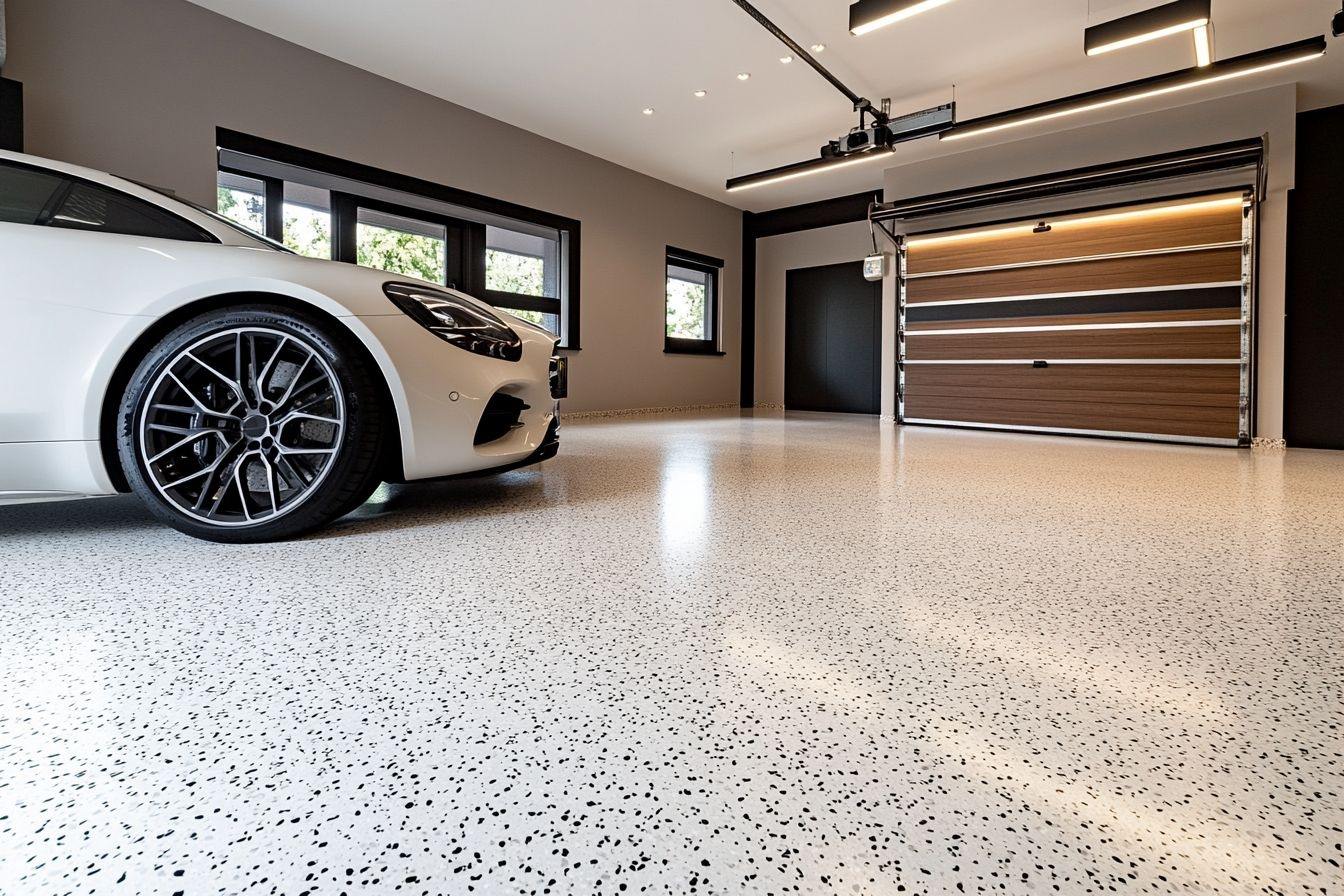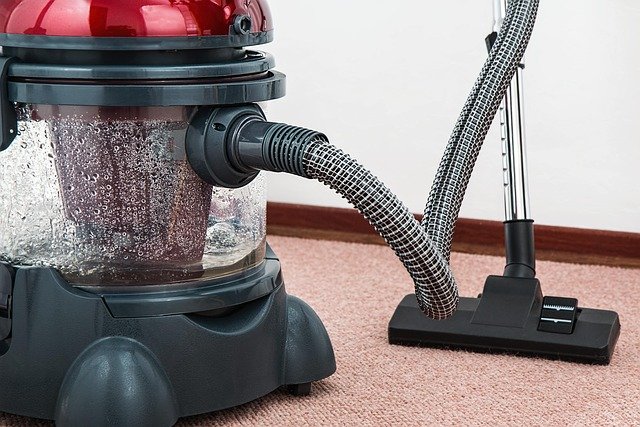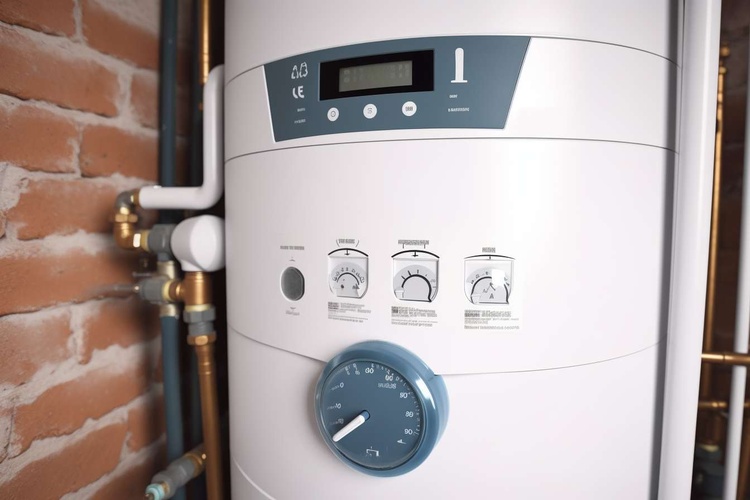Best Garage Floor Coatings 2025 USA: Costs, Benefits, and Types for Concrete Floors
Choosing the right garage floor coating can dramatically protect and beautify concrete, preventing stains, cracking, and UV damage while extending the floor’s usable life. This article reviews top U.S. coating types in 2025—epoxy, polyurea/polyaspartic, polyurethane, acrylic, and hybrids—plus costs, benefits, and maintenance tips.

Popular Garage Floor Coating Options in 2025
Garage floor coatings serve as protective and decorative treatments that transform bare concrete into strong, attractive surfaces. The main types of coatings used in the United States today include:
-
Epoxy Coatings: Well-established and popular, epoxy coatings are known for industrial-grade durability, chemical resistance, and versatile finishes. Epoxy easily forms a hard, smooth surface and comes in various colors and decorative options such as flakes and metallic swirls.
-
Polyurea/Polyaspartic Coatings: Representing next-generation technology, these coatings offer rapid curing (often in one day), outstanding flexibility, and impressive UV resistance, making surfaces less prone to yellowing and cracking. Polyurea is often paired with a polyaspartic topcoat for enhanced protection.
-
Polyurethane Coatings: Known for excellent UV stability and flexibility, polyurethane is effective but generally less popular than epoxy or polyurea/polyaspartic for home garages.
-
Acrylic Sealers: These provide basic protection and are budget-friendly but have a shorter lifespan, mostly suitable for light-duty applications or temporary solutions.
-
Hybrid Systems: Combining properties of different coatings, hybrids provide tailored benefits and can offer durability and aesthetics close to premium options.
Cost Considerations for Garage Floor Coatings
The cost to coat a garage floor varies widely depending on materials, installation complexity, coating quality, and garage size. As of 2025 in the United States:
-
Epoxy coatings generally cost between $3 and $7 per square foot for basic applications. Premium epoxy, such as metallic or quartz-enhanced coatings, can increase costs to around $12-$15 per square foot.
-
Polyurea/polyaspartic coatings are priced higher, typically ranging from $7 to $12 per square foot, reflecting their advanced performance features.
-
Acrylic sealers offer the most affordable option but with limited durability.
These costs reflect professional installation estimates and will vary by location and dealer. Consumers should research options and verify pricing before proceeding.
Durability and Lifespan Comparison
Lifespan is a critical factor when choosing a garage floor coating:
-
Epoxy floors typically last from 10 up to 20 years, depending on wear and coating quality. Standard epoxy systems often provide 5 to 15 years of service.
-
Polyurea/polyaspartic coatings provide comparable or superior longevity, often promising 10 to 15 years or more, benefiting from better flexibility and resistance to UV damage.
-
Acrylic sealers usually must be reapplied every 1 to 3 years.
-
Hybrid systems can have lifespan ranges similar to or exceeding epoxy, reaching 15 to 20 years.
Proper installation and surface preparation significantly influence coating lifespan.
Key Benefits of Popular Garage Floor Coatings
Epoxy Coatings
-
Chemical and impact resistance: Epoxy shields your floor from oil, gasoline, and detergent spills while withstanding heavy foot and vehicle traffic.
-
Aesthetic customization: Available in multiple colors, textures, and decorative options such as flakes or metallic finishes.
-
Self-leveling finish: Creates a smooth, continuous surface that masks imperfections.
-
Slip resistance potential: Adding flakes or quartz offers anti-slip properties, enhancing safety.
-
Cost-effective durability: Offers a balance between upfront cost and long-term value.
Polyurea/Polyaspartic Coatings
-
Rapid curing: Floors can often be used within 24 hours post-installation, reducing downtime.
-
Superior UV stability: Resists yellowing and color fading when exposed to sunlight.
-
Flexibility: Accommodates concrete expansion and contraction without cracking or peeling.
-
High chemical and abrasion resistance: Protects against spills and heavy wear, suitable for workshop or showroom use.
-
Decorative appeal: Commonly paired with decorative chip broadcasts that hide imperfections and dust.
Proper Garage Floor Preparation for Best Results
Successful coating application relies on thorough preparation:
-
Cleaning: Remove dirt, oils, and existing residues.
-
Crack repair: Seal cracks and damaged sections to create a uniform surface.
-
Moisture testing: Check for moisture transmission through concrete, which can impede adhesion.
-
Surface profiling: Use grinding or acid etching to create a rough texture that improves bonding.
-
Optimal conditions: Apply coatings when temperature and humidity levels are appropriate, and ensure proper ventilation during installation.
Skipping or rushing these steps can cause premature coating failure.
Maintenance and Performance Insights
-
Epoxy Floors: Can stain or develop tire marks when exposed to hot tires. High-gloss epoxy may become slippery unless anti-slip aggregates are incorporated.
-
Polyurea Floors: Offer superior stain and abrasion resistance, making cleaning easier and maintaining appearance longer.
Both coatings benefit from professional installation to maximize durability and lifespan.
Who Should Choose Which Coating?
-
Budget-conscious homeowners: Epoxy provides strong durability and good aesthetics at a lower cost, suitable for moderate garage use.
-
Users seeking premium durability and quick installation: Polyurea/polyaspartic coatings are ideal for garages used as workshops, gyms, or luxury showrooms due to their superior performance.
-
Considered investments: Premium coatings may increase home appeal and value by enhancing garage functionality and appearance, an important factor for resale.
Summary: The Best Garage Floor Coating Choice for 2025
In 2025, the leading recommendation for concrete garage floors in the United States is a polyurea base coat combined with a polyaspartic topcoat. This system excels in flexibility, UV resistance, rapid curing, and abrasion resistance, offering a durable, attractive surface with a potential lifespan exceeding 20 years. However, the success of any coating depends heavily on proper surface preparation and professional installation. Epoxy remains a strong contender for those prioritizing budget and traditional durability.
Disclaimer: Prices and availability of garage floor coatings vary by US region, dealer, and current promotions. Consumers are advised to verify details with local professionals before making decisions.




